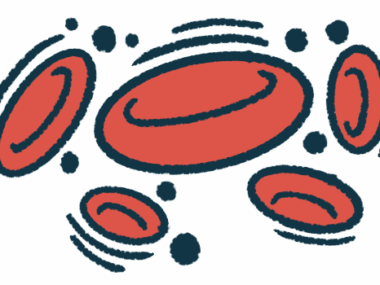Tips for Managing Fatigue When You Have Cold Agglutinin Disease
Written by |

Fatigue is a common symptom of cold agglutinin disease (CAD), an autoimmune condition in which the immune system mistakenly attacks the red blood cells at cold temperatures, causing anemia.
Patients with CAD may, therefore, have fewer red blood cells to carry oxygen to tissues, which can cause fatigue — exhaustion or weariness that doesn’t get better with sleep. Some patients experience fatigue as muscle weakness, or as continuously feeling slow and worn out.
If you are struggling with severe fatigue, be sure to discuss the issue with your doctor, as there may be prescription medications that can help.
Here are some tips for managing fatigue:
Get enough rest
Fatigue means that patients may not feel rested, even after a good night’s sleep.
In general, adults need seven to eight hours of sleep each night. CAD patients may need additional rest at night, or need to take breaks and rest during the day.
Avoid caffeine, nicotine, and alcohol before going to bed — all three can make it harder to get a good night’s sleep.
Exercise
It can seem counter-intuitive, but getting exercise during the day actually helps to ease fatigue. Discuss with your doctor what activities are safe for you, and alternate periods of activity with periods of rest.
Eat healthy meals
Make sure that you are eating a balanced diet; having healthy snacks available between meals may help with fatigue.
Restful recharge activities
Find activities that help you rest and recharge. For some people, this might be walking in the park or gardening. Others find that meditation or mindfulness exercises can help them recharge between activities.
Find a support group
Having people who understand what you’re going through can make a big difference. It’s also good to have a group of people who can help you if you need assistance. If you don’t already have a support group — like one run by a CAD association — maybe it’s time to build one.
Last updated: Sept. 16, 2019
***
Cold Agglutinin Disease News is strictly a news and information website about the disease. It does not provide medical advice, diagnosis, or treatment. This content is not intended to be a substitute for professional medical advice, diagnosis, or treatment. Always seek the advice of your physician or other qualified health provider with any questions you may have regarding a medical condition. Never disregard professional medical advice or delay in seeking it because of something you have read on this website.





